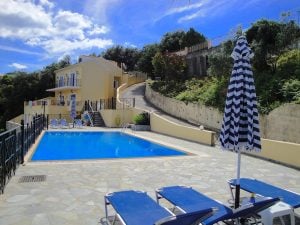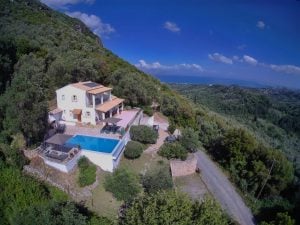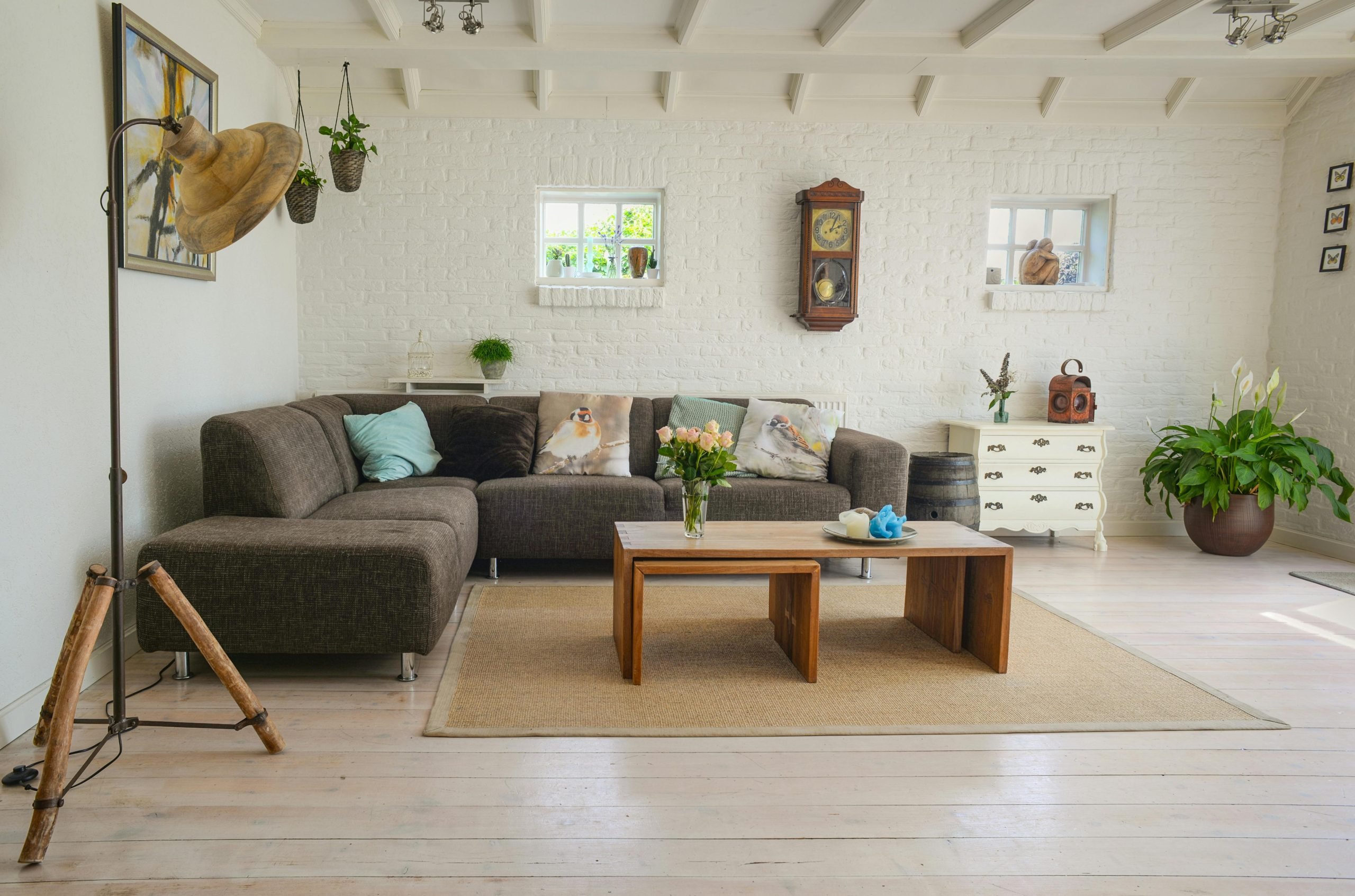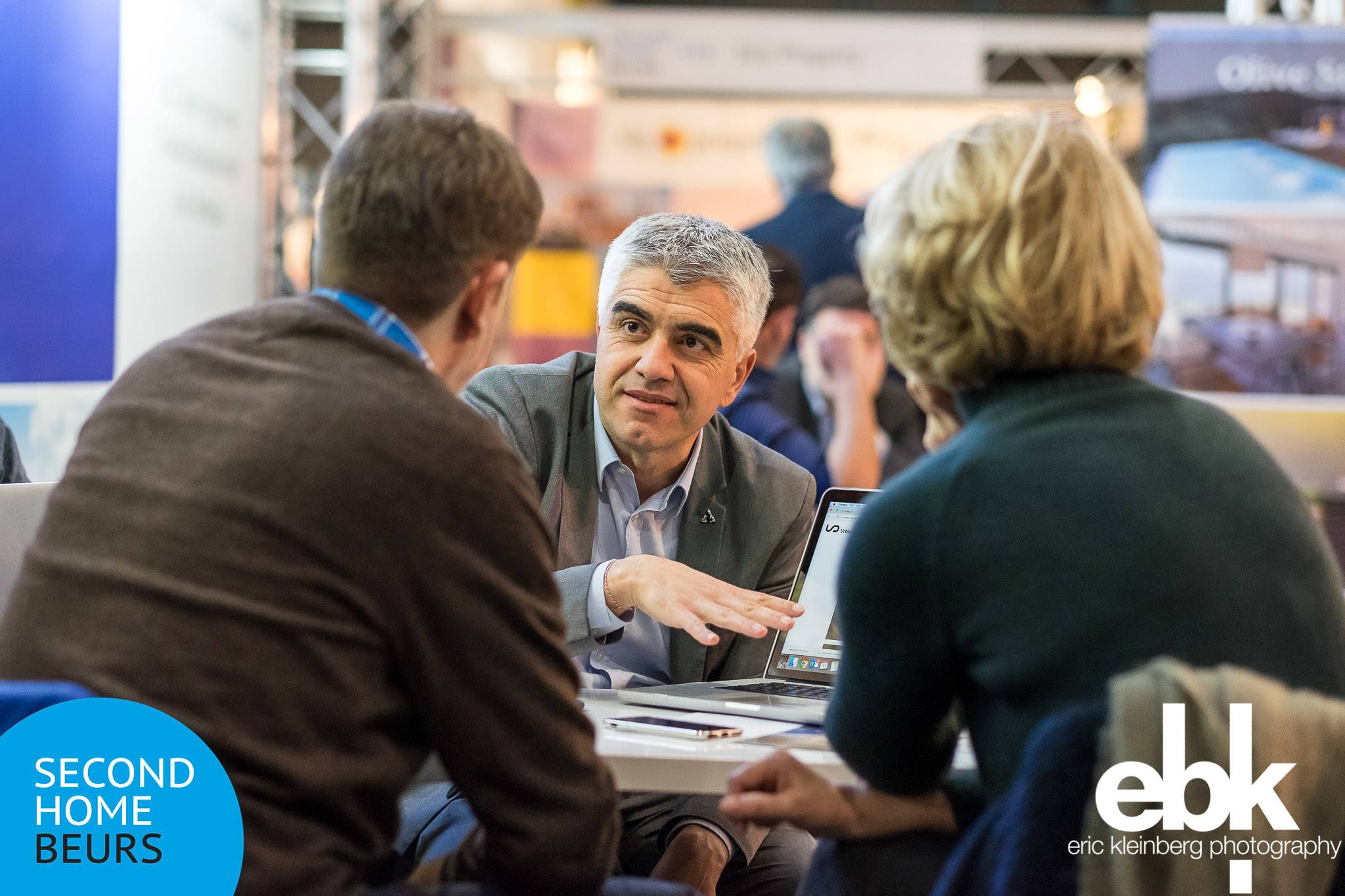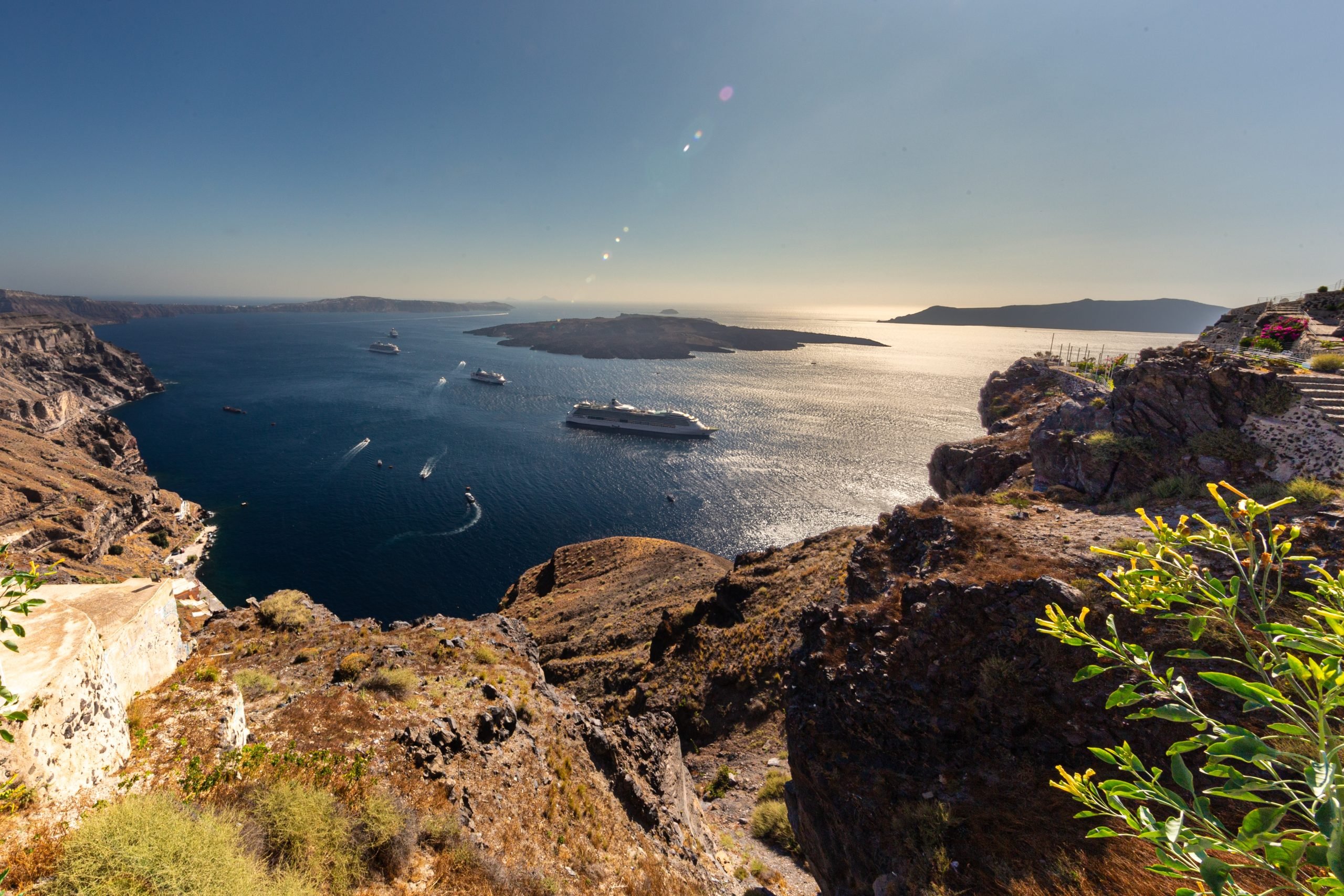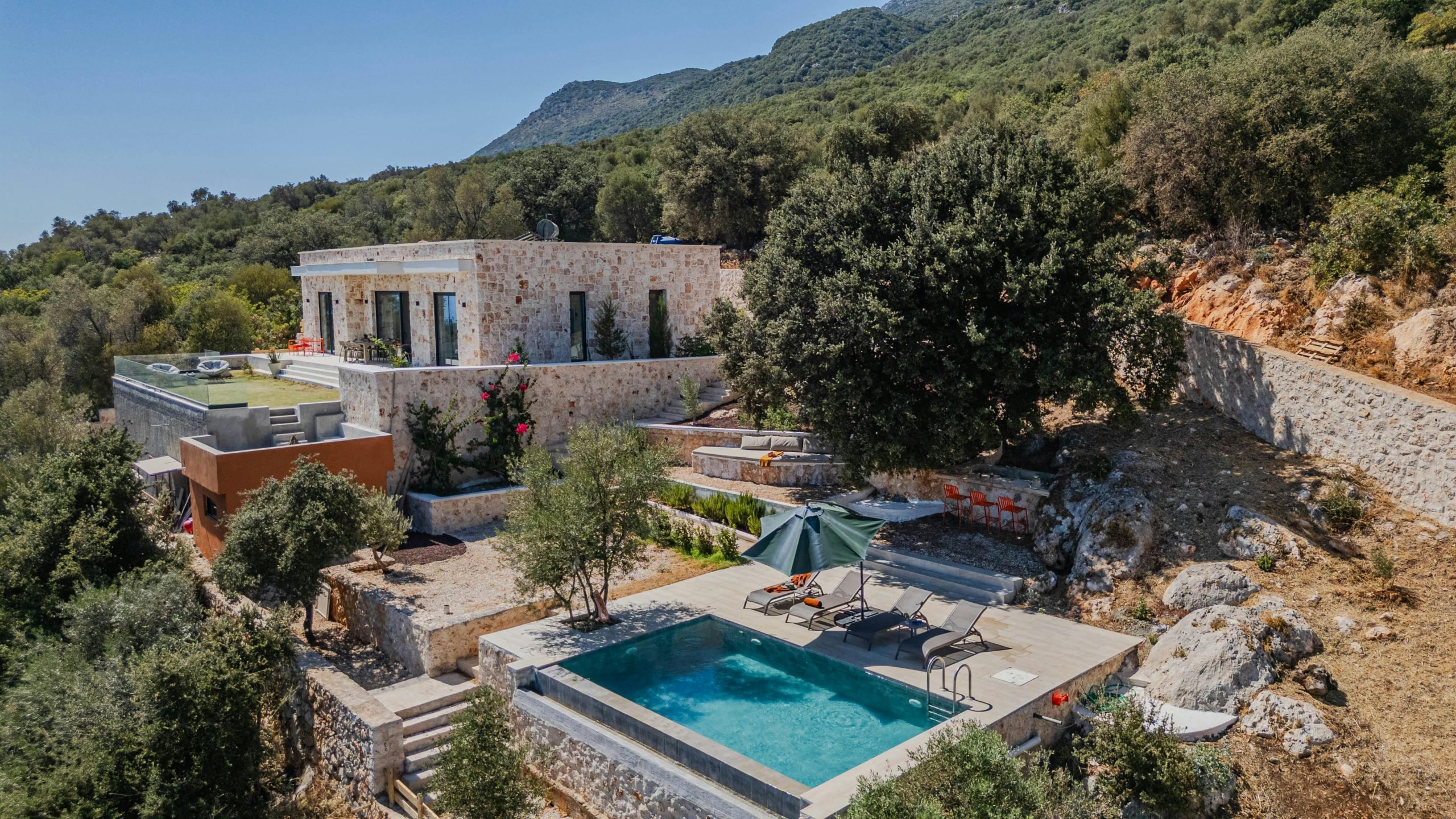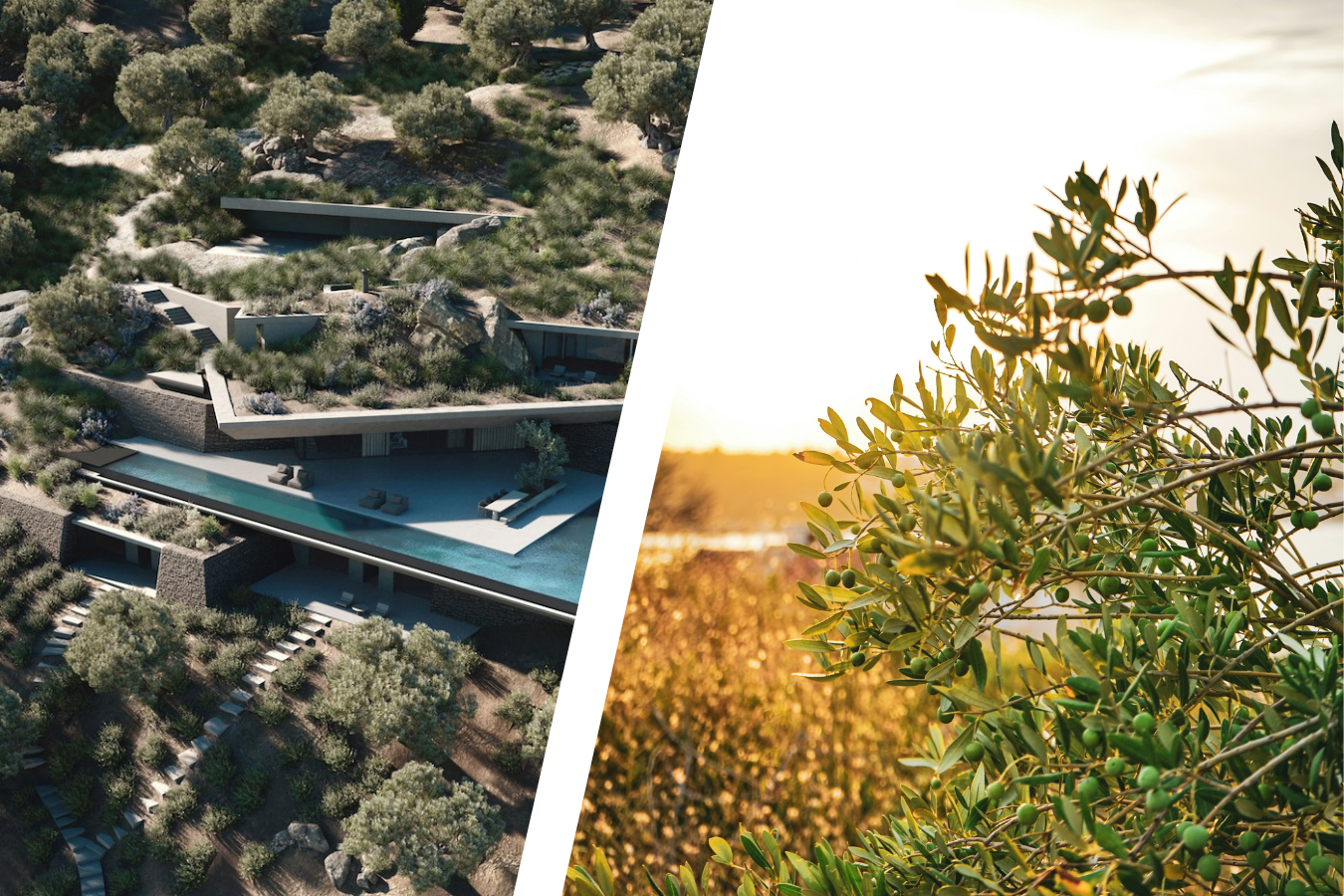The Loire Valley, renowned for its fairy-tale châteaux and world-class wines, presents an enchanting destination for property seekers looking beyond traditional Mediterranean markets. While many international buyers gravitate towards coastal regions like the Peloponnese, the Loire Valley offers a distinctly different charm with its rolling vineyards, historic towns, and quintessentially French lifestyle. Choosing the right base town becomes crucial for maximising your experience in this UNESCO World Heritage region, whether you’re considering a permanent move, holiday home investment, or simply planning an extended stay.
Why location matters in the Loire Valley
The Loire Valley stretches over 280 kilometres, encompassing diverse landscapes from medieval fortresses to Renaissance palaces. Your choice of base town will significantly impact your daily life, from accessing amenities and transport links to exploring the region’s cultural treasures. Unlike more compact destinations, the Loire Valley requires careful consideration of proximity to key attractions, practical services, and transport infrastructure.
The region’s towns each offer distinct characteristics, from bustling market centres to quiet riverside communities. Strategic positioning becomes essential when you consider that some châteaux require considerable travel time between visits, and certain areas offer better year-round services than others.
Tours: the cultural and practical hub
Tours stands out as the most practical base for exploring the Loire Valley, combining excellent transport links with rich cultural offerings. The city serves as a natural gateway to the region, with direct train connections to Paris taking just over an hour, making it ideal for international visitors arriving via Charles de Gaulle Airport.
The historic city centre, largely pedestrianised, features beautiful half-timbered houses and a magnificent Gothic cathedral. Tours offers comprehensive amenities including hospitals, international schools, and diverse shopping options. The city’s central location provides easy access to major châteaux, with Villandry, Azay-le-Rideau, and Chenonceau all within a 45-minute drive.
For property investors, Tours presents a stable rental market supported by university students and business professionals. The city’s size ensures year-round activity, unlike smaller towns that may experience seasonal fluctuations.
Amboise: royal charm and tourist appeal
Amboise offers an intimate alternative to Tours, combining royal history with small-town charm. The town’s crowning glory, the Château d’Amboise, dominates the skyline and provides a constant reminder of the area’s Renaissance heritage. Leonardo da Vinci’s final residence, Clos Lucé, adds international appeal that attracts visitors year-round.
The town’s compact size makes everything walkable, from the weekly market to riverside restaurants. However, this popularity brings challenges during peak tourist season, when accommodation prices soar and crowds can overwhelm the narrow streets. Seasonal considerations become particularly important if you’re planning extended stays or considering rental income potential.
Amboise’s train station provides direct connections to Tours and Paris, though services are less frequent than from larger centres. The town works exceptionally well for those seeking authentic French provincial life with easy access to major attractions.
Blois: the balanced choice
Blois represents an excellent compromise between Tours’ urban amenities and Amboise’s intimate scale. The town’s position in the heart of the Loire Valley provides equal access to châteaux in both directions, while its size ensures adequate services without overwhelming tourist crowds.
The historic centre, built on hillsides overlooking the Loire, offers spectacular views and well-preserved medieval architecture. Blois Cathedral and the Royal Castle provide cultural anchors, while the town’s markets and restaurants maintain authentic French character throughout the year.
Transport links include regular train services to Paris and good road connections to major châteaux. The town’s balanced approach appeals to those wanting cultural immersion without sacrificing practical convenience.
Saumur: wine country elegance
Saumur, positioned in the western Loire Valley, offers a different perspective focused on wine culture and troglodyte heritage. The town’s famous cavalry school and sparkling wine production create a sophisticated atmosphere distinct from the château-centric eastern regions.
The area’s unique troglodyte dwellings, carved into limestone cliffs, provide fascinating accommodation options and wine storage facilities. Saumur’s position allows easy exploration of Anjou wine regions while maintaining access to major châteaux like Saumur Castle and nearby Montreuil-Bellay.
However, Saumur’s western location means longer travel times to iconic châteaux like Chambord and Cheverny. The town suits those prioritising wine culture and unique architectural heritage over comprehensive château access.
Seasonal considerations and practical factors
The Loire Valley experiences distinct seasonal variations that significantly impact your choice of base town. Summer brings peak tourist activity, particularly affecting smaller towns like Amboise and Chenonceau village. Larger centres like Tours and Blois maintain more consistent services and pricing throughout the year.
Winter considerations include reduced opening hours at châteaux and restaurants, making proximity to year-round amenities crucial. Towns with universities or significant local populations, such as Tours and Orléans, offer better winter services than purely tourist-focused locations.
Transport schedules also vary seasonally, with reduced services during winter months potentially affecting your mobility between attractions and practical necessities.
Making your final decision
Your ideal Loire Valley base depends on balancing cultural priorities with practical requirements. Tours offers the most comprehensive solution for those wanting urban amenities and transport flexibility. Amboise provides intimate charm with some practical limitations. Blois delivers balanced access with moderate amenities, while Saumur offers wine-focused culture with geographical constraints.
Consider your intended length of stay, transport preferences, and cultural priorities when making this decision. The Loire Valley’s diverse offerings ensure that each base town provides access to the region’s treasures, though your daily experience will vary considerably depending on your choice.
Whether you’re drawn to the royal history of Amboise, the urban sophistication of Tours, or the wine heritage of Saumur, selecting the right base town will enhance your Loire Valley experience immeasurably. For those considering property investment in France or seeking guidance on international real estate decisions, professional advice can help navigate the complexities of choosing the perfect location. Feel free to contact us for expert guidance on your property journey.




